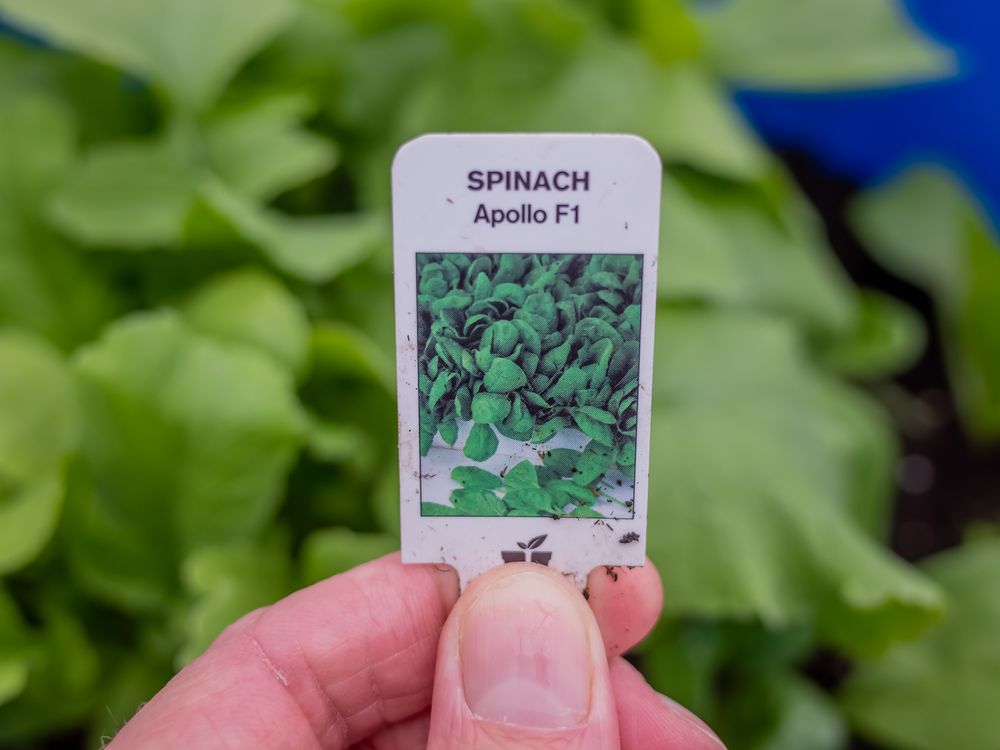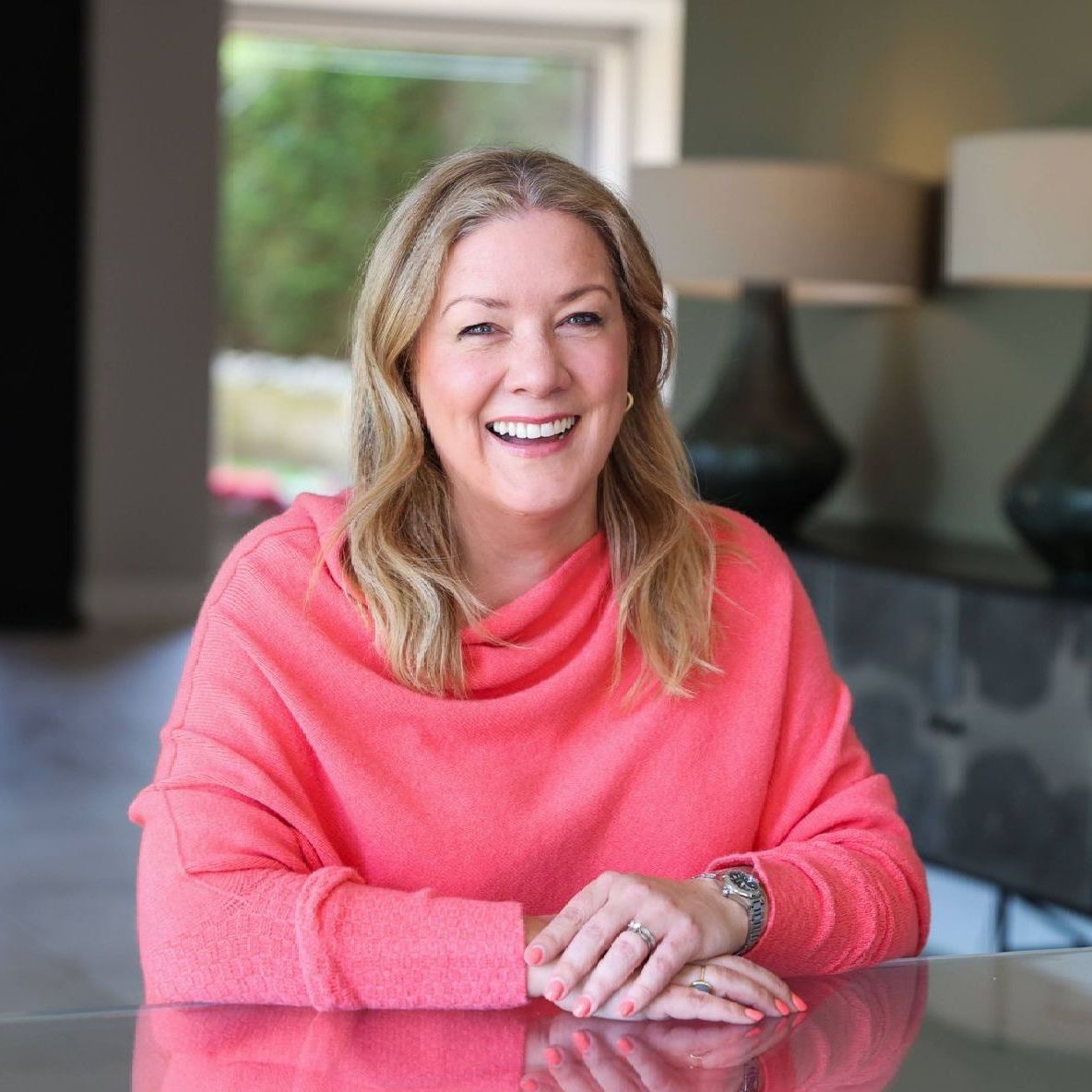Rethinking Workplace Celebrations: Moving Beyond the Pub
It's Alcohol Awareness Week, and it's time businesses reconsider their relationship with alcohol in the workplace.
The champagne cork pops, glasses clink, and another successful quarter is celebrated with a magnum of champagne. Sound familiar? For many of us, this scene has played out countless times throughout our careers. Made a sale? To the pub. Won a new client? Cocktail bar. Bad day? Well, that's definitely a pub situation.
I lived this culture for years, particularly in my early career when overpriced cocktail bars became our second office during those carefree, pre-family days. I loved it—the high life, staying out all hours, the camaraderie that seemed to flow as freely as the drinks. But as Alcohol Awareness Week reminds us, it's time to pause and consider: what about those who can't or don't want to participate?
The Hidden Cost of Boozy Celebrations
While I was living it up, revelling in the spontaneous post-work drinks and elaborate celebrations, it didn't cross my mind that there may have been colleagues who didn't drink or who quietly declined invitations or nursed a single drink all evening. For someone with alcohol dependency issues, these workplace traditions aren't just uncomfortable—they can be genuinely harmful. For colleagues whose faith or personal beliefs mean they avoid alcohol, these celebrations can feel exclusionary rather than inclusive.
The reality is that our default celebration mode often centres around alcohol consumption, inadvertently creating a two-tier system where full participation seems to require drinking. This isn't just about being considerate—it's about recognising that truly successful businesses are built on inclusive cultures where everyone can celebrate achievements together.
Building Inclusive Celebration Culture
Forward-thinking businesses are already reimagining how they mark successes and milestones. Instead of defaulting to the pub, they're exploring celebrations that bring everyone together:
Wellness-focused rewards like spa days, fitness class memberships, or mental health workshops show employees that their wellbeing matters beyond just hitting targets.
Team lunches at interesting restaurants create the same social bonding experience without the pressure to drink, and everyone can participate regardless of their relationship with alcohol.
Outdoor activities such as team hiking, go-karting, or adventure courses build camaraderie through shared experiences rather than shared drinks.
Learning experiences like cooking classes, art workshops, or skill-building sessions celebrate success whilst investing in personal development.
Supporting Those Who Need It
Creating inclusive celebrations goes hand-in-hand with providing discreet support for those who may be struggling with alcohol dependency. Employee Assistance Programs (EAPs) can offer confidential support, normalising seeking help when it's needed.
Many companies are enhancing these programmes to include specialised resources and counselling for alcohol-related issues. These initiatives recognise that addiction can affect anyone, at any level, and that supporting recovery benefits both the individual and the organisation.
The Business Case for Change
This shift isn't just about being politically correct—it makes solid business sense. Inclusive celebrations mean higher participation rates, stronger team bonds, and reduced risk of excluding talented employees based on their personal choices or circumstances.
When celebrations are genuinely inclusive, they become more creative, more memorable, and often more cost-effective than endless rounds at expensive city centre bars. They also demonstrate that your company values diversity in all its forms, from dietary requirements to personal beliefs.
Moving Forward
This Alcohol Awareness Week, challenge your organisation to think beyond the default pub trip. Ask yourself: are our celebrations truly bringing everyone together, or are they inadvertently creating barriers for some team members?
The goal isn't to eliminate alcohol from workplace celebrations entirely—it's to ensure that alcohol isn't the only way we know how to celebrate. When we expand our celebration toolkit, we create space for everyone to participate fully in our shared successes.
After all, the best celebrations aren't about what we're drinking—they're about recognising achievements, building relationships, and creating positive memories together. And that's something everyone can raise a glass to, whatever's in it.
Emma Green is a Fractional Head of People and ex-recruiter, helping organisations build inclusive, supportive workplace cultures. Through her experience across various industries, she champions practical approaches to creating environments where all employees can thrive.



